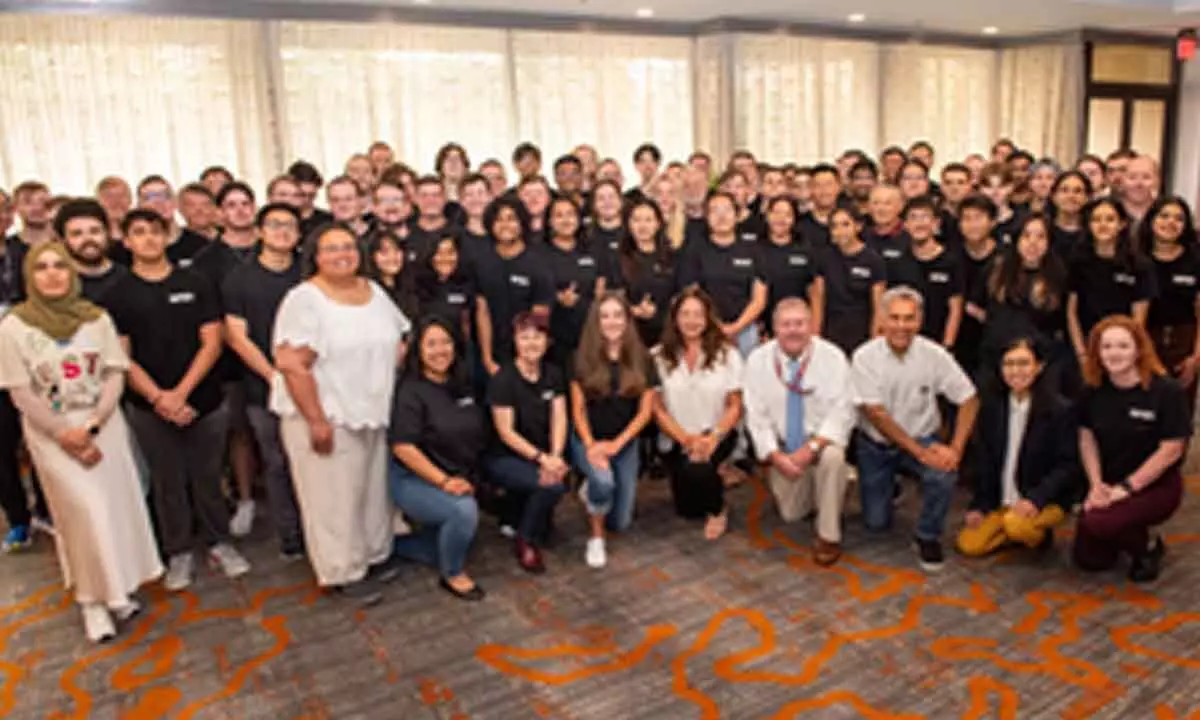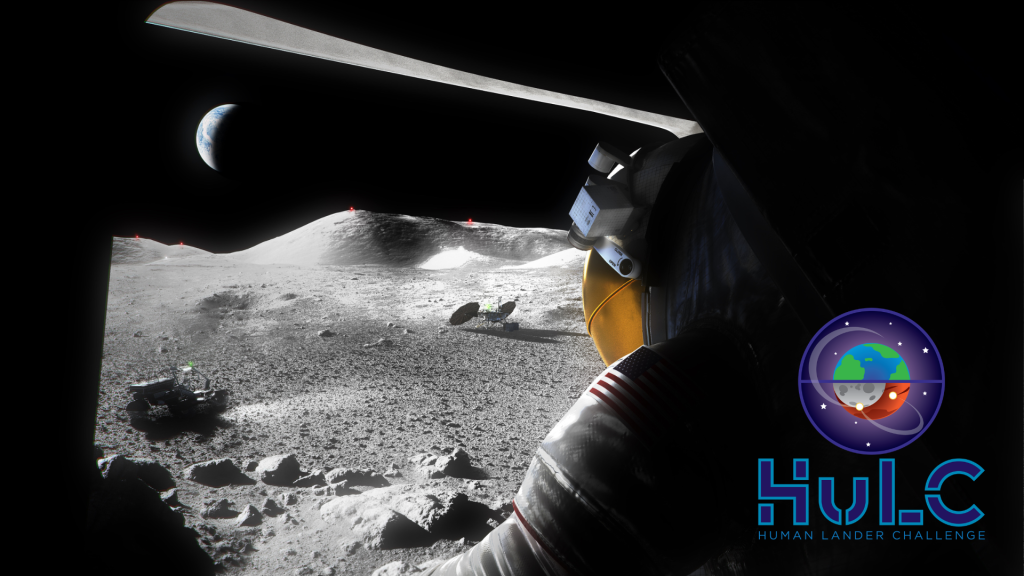


A student-engineering club from Iowa State University, Cardinal Space Mining, has emerged as the winner of the grand prize at the 2024 NASA Lunabotics Challenge. The club, along with the University of Alabama Astrobotics, tied for the grand prize and also secured first place in mining and berm building. This victory comes as a successful defense of their titles from last year's NASA's 2023 online Lunabotics Challenge and the University of Alabama's Robotic Mining Challenge. The competition involved the design, construction, and operation of mini robots to simulate lunar surface mining. Despite the challenges and rule changes throughout the competition, Cardinal Space Mining's robot, named LANCE1, demonstrated adaptability and performed exceptionally well [7782c681].
The achievement by Cardinal Space Mining highlights the innovative capabilities of student-engineering clubs in advancing space exploration technology. Their success in the NASA Lunabotics Challenge showcases their expertise in robotics and mining, which are crucial areas for future lunar missions. The competition provides a platform for students to gain practical experience and contribute to the development of technologies for space exploration [7782c681].
In another NASA competition, the University of Michigan team has won the overall Human Lander Challenge (HuLC) with their project titled "ARC-LIGHT: Algorithm for Robust Characterization of Lunar Surface Imaging for Ground Hazards and Trajectory". The competition showcased innovative concepts for managing lunar dust. The University of Illinois, Urbana-Champaign took second place, followed by the University of Colorado Boulder. The challenge is part of NASA's lunar exploration campaign Artemis, which aims to send the first woman, first person of color, and first international partner astronaut to the Moon [1fd774f8].
Five US universities have won NASA’s 2024 Human Lander Challenge (HuLC) for different innovative concepts addressing the complex issue of managing lunar dust during the impending Moon exploration campaign Artemis. The University of Michigan was selected as the overall winner and awarded $10,000. The University of Illinois, Urbana-Champaign won the second prize and received a $5,000 award. The University of Colorado Boulder received a $3,000 award. Texas A&M University and Embry-Riddle Aeronautical University, Prescott won the Excellence in Systems Engineering award [f9a28073].